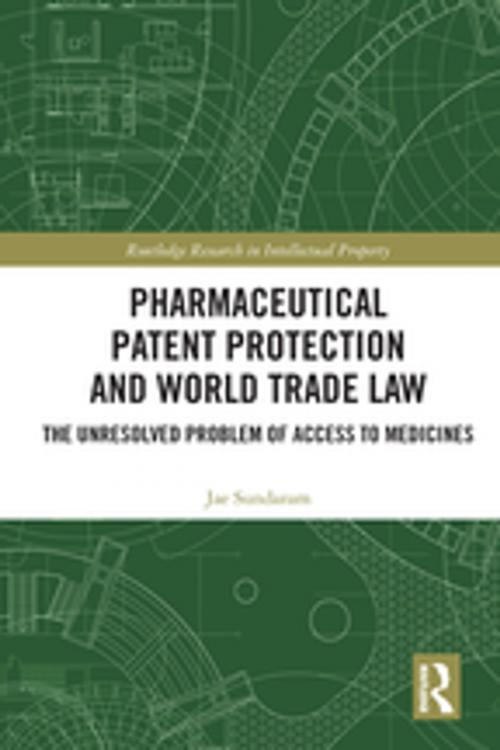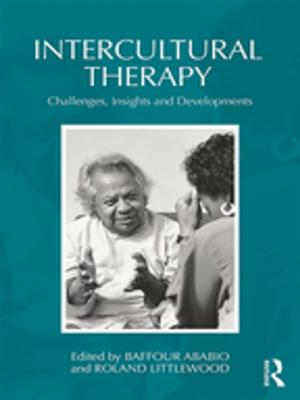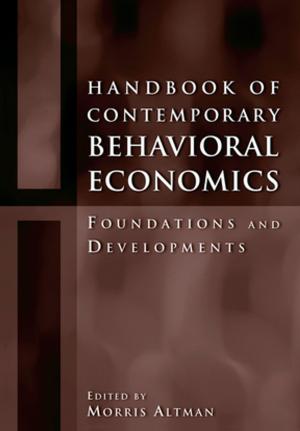Pharmaceutical Patent Protection and World Trade Law
The Unresolved Problem of Access to Medicines
Nonfiction, Reference & Language, Law, Patent, Trademark, & Copyright, International| Author: | Jae Sundaram | ISBN: | 9781351973823 |
| Publisher: | Taylor and Francis | Publication: | May 8, 2018 |
| Imprint: | Routledge | Language: | English |
| Author: | Jae Sundaram |
| ISBN: | 9781351973823 |
| Publisher: | Taylor and Francis |
| Publication: | May 8, 2018 |
| Imprint: | Routledge |
| Language: | English |
Patents, including pharmaceutical patents, enjoy extended protection for twenty years under the TRIPs Agreement. The Agreement has resulted in creating a two-tier system of the World Trade Organisation Member States, and its implementation has seen the price of pharmaceutical products skyrocket, putting essential medicines beyond the reach of the common man. The hardest hit populations come from the developing and least developed countries, which have either a weak healthcare system or no healthcare at all, where access to essential and affordable medicines is extremely difficult to achieve.
Pharmaceutical Patent Protection and World Trade Law studies the problems faced by these countries in obtaining access to affordable medicines for their citizens in light of the TRIPS Agreement. It explores the opportunities that are still open for some developing countries to utilise the flexibilities available under the TRIPS Agreement in order to mitigate the damage caused by it. The book also examines the interrelationship between the world governing bodies, and the right to health contained in some of the developing country’s national constitutions.
Patents, including pharmaceutical patents, enjoy extended protection for twenty years under the TRIPs Agreement. The Agreement has resulted in creating a two-tier system of the World Trade Organisation Member States, and its implementation has seen the price of pharmaceutical products skyrocket, putting essential medicines beyond the reach of the common man. The hardest hit populations come from the developing and least developed countries, which have either a weak healthcare system or no healthcare at all, where access to essential and affordable medicines is extremely difficult to achieve.
Pharmaceutical Patent Protection and World Trade Law studies the problems faced by these countries in obtaining access to affordable medicines for their citizens in light of the TRIPS Agreement. It explores the opportunities that are still open for some developing countries to utilise the flexibilities available under the TRIPS Agreement in order to mitigate the damage caused by it. The book also examines the interrelationship between the world governing bodies, and the right to health contained in some of the developing country’s national constitutions.















